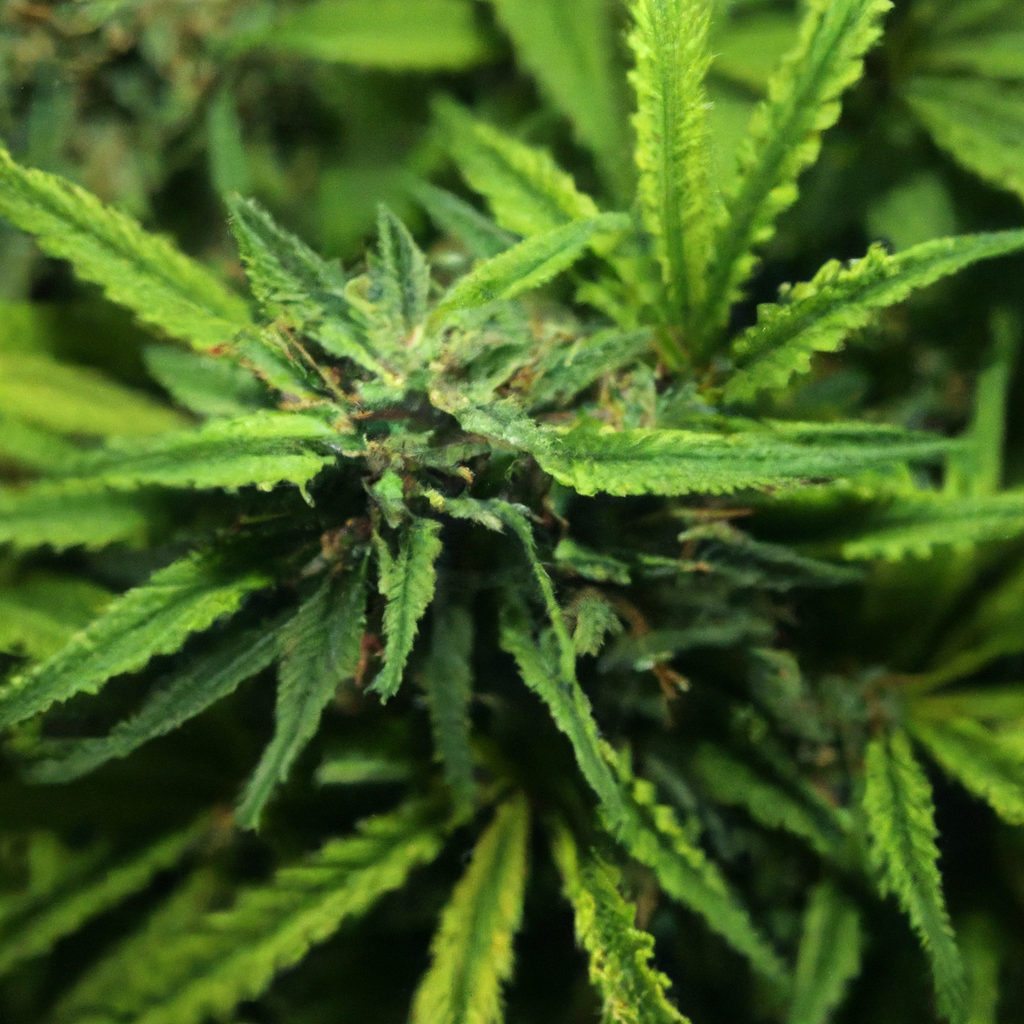Your cart is currently empty!
Organic cannabis cultivation is more than a trend; it’s a movement towards sustainability and ecological responsibility. By utilizing natural fertilizers, compost, and innovative pest control methods, growers can produce high-quality cannabis that is both eco-friendly and beneficial to consumers. In this guide, we will explore best practices for organic cannabis cultivation, focusing on building healthy soil ecosystems and avoiding synthetic chemicals while promoting sustainability in your growing operations.
Building and Maintaining Healthy Soil
Creating a thriving soil ecosystem is fundamental for organic cannabis cultivation. The soil is the foundation of your plants’ health, and fostering a robust microbial environment is key.
- Use Compost: Incorporating compost into your soil adds essential nutrients and improves soil structure. It’s rich in beneficial microbes that facilitate nutrient uptake by plants.
- Incorporate Cover Crops: Using cover crops such as clover or rye can help fix nitrogen in the soil, reduce erosion, and suppress weeds naturally.
- Rotate Crops: Practicing crop rotation can help manage soil fertility and reduce pest and disease cycles. Different plants contribute different nutrients and attract different beneficial insects.
Natural Fertilization and Pest Control
Relying on natural fertilizers and pest management is essential to maintaining the organic integrity of your cannabis plants.
- Natural Fertilizers: Utilize organic fertilizers like bone meal, blood meal, and fish emulsion to provide nutrients without synthetic chemicals. These options are not only effective but also safe for the environment.
- Companion Planting: Planting herbs such as basil or marigold can attract beneficial insects and repel common pests. This technique not only enhances pest control but also enriches the diversity of your garden.
- Beneficial Insects: Introduce insects like ladybugs and predatory mites, which act as natural predators to common cannabis pests such as aphids and spider mites.
Promoting Sustainability in Your Growing Operations
Beyond soil health and pest management, viewing your cannabis cultivation through an eco-friendly lens involves several sustainable practices.
- Water Management: Employ efficient irrigation systems such as drip irrigation to conserve water. Collect rainwater to reduce reliance on local water sources.
- Energy Efficiency: If you are growing indoors, consider using LED lights, which consume less power and have a longer lifespan than traditional lighting. Utilizing renewable energy sources is another step towards sustainability.
- Reduce Waste: Limit the use of single-use plastics and recycle organic waste by composting. Implementing these practices reduces the carbon footprint of your operation.
The Benefits of Organic Cannabis
Growing cannabis organically offers numerous advantages for both the environment and consumers.
- Environmental Impact: Organic practices reduce chemical runoff into waterways and support the biodiversity of local ecosystems.
- Consumer Health: Organic cannabis is free from synthetic pesticides and chemicals, providing a safer, cleaner product for consumption.
- Quality and Aroma: Many consumers attest to the enhanced flavor and aroma profiles of organic cannabis, which can be attributed to healthier plants and richer terpene content.
Conclusion
Pursuing organic cannabis cultivation is a commitment to sustainability, quality, and ecological stewardship. By implementing natural fertilizers, nurturing soil health, and adopting sustainable growing practices, cultivators can produce cannabis that is both environmentally friendly and superior in quality. Whether for personal satisfaction or consumer assurance, growing organically is the way forward. Embrace these techniques and contribute positively to both your crop and the planet.
Tags: OrganicGrowing, NaturalFertilizers, PestControl, SustainablePractices
Discover more from Magic Clones
Subscribe to get the latest posts sent to your email.


Leave a Reply